Home>diy>Building & Construction>What Does A Developer Do In Construction
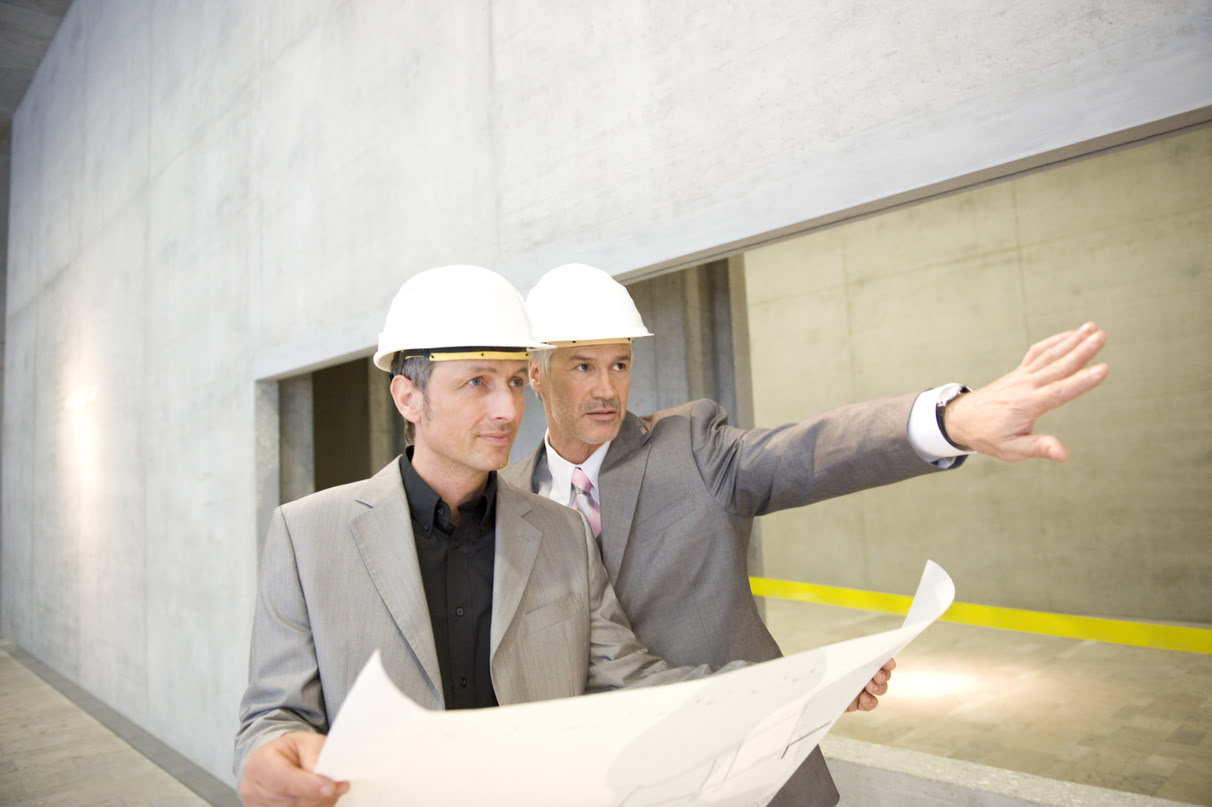

Building & Construction
What Does A Developer Do In Construction
Modified: January 24, 2024
Learn what a developer does in the field of building construction and how they oversee and coordinate various aspects of the project, from planning to completion.
(Many of the links in this article redirect to a specific reviewed product. Your purchase of these products through affiliate links helps to generate commission for Storables.com, at no extra cost. Learn more)
Introduction
When it comes to the construction industry, developers play a crucial role in bringing ideas and concepts to life. They are the visionaries behind the projects, responsible for overseeing every stage of the construction process. From planning and design to project management and execution, developers are at the forefront of turning empty plots of land into magnificent structures.
In this article, we will delve into the world of developers in the construction industry. We will explore their responsibilities, duties, and the vital role they play in the successful completion of construction projects. Whether it’s creating residential buildings or commercial complexes, developers are essential in ensuring that projects are executed with precision and in compliance with local regulations.
So, let’s dive in and uncover what it takes to be a developer in the construction industry.
Key Takeaways:
- Developers in construction are the visionaries, overseeing every stage of the process from planning to completion. Their multifaceted role includes market research, financial management, contractor oversight, and ensuring compliance with regulations.
- With expertise in project planning, financial acumen, and meticulous attention to detail, developers play a crucial role in bringing construction projects to fruition. Their responsibilities encompass market feasibility, compliance, financial management, contractor oversight, and project documentation.
Read more: What Does A Planner Do In Construction
Role of a Developer in Construction
A developer in the construction industry serves as the driving force behind the entire project. They are involved in each stage, from conceptualization to completion. Their primary role is to take an idea or concept and transform it into a tangible structure.
Developers have a wide range of responsibilities that cover various aspects of the construction process. They work closely with architects, engineers, contractors, and other professionals to ensure that the project is executed smoothly and meets the desired objectives.
One of the key responsibilities of a developer is to identify potential development opportunities. This involves conducting market research and feasibility studies to determine the viability of a project. Developers analyze factors such as location, market demand, competition, and financial viability to make informed decisions about whether to proceed with a project.
Once a project is deemed feasible, the developer takes on the role of a project manager. They oversee the entire construction process, from initial planning and design to the final stages of completion. The developer is responsible for coordinating and managing various stakeholders, including architects, engineers, contractors, and subcontractors. They ensure that the project stays on track, adheres to the set timelines, and stays within the allocated budget.
Furthermore, developers also play a vital role in obtaining the necessary permits and approvals for the construction project. They liaise with the local authorities and regulatory bodies to ensure compliance with building codes and regulations. This involves submitting plans, conducting inspections, and addressing any concerns that may arise during the approval process.
Additionally, developers are responsible for securing the financing needed for the project. They work with financial institutions, investors, and lenders to obtain the necessary funds. This includes preparing project budgets, financial projections, and investment proposals to attract potential investors.
Overall, developers act as the central figure in the construction process, overseeing and coordinating every aspect of the project. Their role is critical in ensuring that construction projects are completed successfully, meeting quality standards, timelines, and budgetary requirements.
Responsibilities and Duties of a Developer
Developers in the construction industry carry a host of responsibilities and duties that are essential for the successful execution of a project. Their role encompasses various aspects, requiring a combination of business acumen, project management skills, and construction knowledge. Let’s explore some of the key responsibilities and duties of a developer:
- Market Research and Feasibility: Developers are responsible for conducting thorough market research and feasibility studies to identify potential development opportunities. They analyze factors such as market demand, competition, location, and financial viability to determine if a project is feasible.
- Project Planning and Design: Developers work closely with architects, engineers, and designers to develop the project’s conceptual plans and designs. They ensure that the vision aligns with market trends, client requirements, and budget constraints.
- Obtaining Permits and Approvals: Developers navigate the complex process of obtaining necessary permits and approvals from local authorities and regulatory bodies. They prepare and submit the required documentation, handle correspondence, and ensure compliance with building codes and regulations.
- Financial Management: Developers are responsible for managing the project’s finances, including budgeting, cost estimation, and financial forecasting. They collaborate with financial institutions, investors, and lenders to secure financing for the project.
- Contractor Selection and Management: Developers oversee the selection and management of contractors, subcontractors, and other professionals involved in the construction process. They evaluate bids, negotiate contracts, and ensure that the work is carried out according to the project’s specifications and quality standards.
- Construction Oversight: Developers provide overall supervision of the construction activities to ensure that the project progresses as planned. They monitor the quality of work, resolve any issues or conflicts, and ensure that the project stays on schedule and within budget.
- Risk Assessment and Mitigation: Developers identify potential risks and develop strategies to mitigate them. They implement risk management measures to minimize delays, cost overruns, and any other potential obstacles that may arise during the construction process.
- Project Documentation and Reporting: Developers maintain thorough documentation of the project, including contracts, permits, invoices, and correspondence. They also prepare progress reports and communicate project updates to stakeholders, including clients, investors, and regulatory authorities.
- Client Relations: Developers serve as the main point of contact for clients throughout the construction process. They ensure regular communication, address client concerns and expectations, and provide updates on the project’s progress.
These are just some of the many responsibilities and duties that developers undertake in the construction industry. Their multi-faceted role requires strong organizational skills, attention to detail, and effective communication to ensure the successful completion of construction projects.
Planning and Designing
Planning and designing are crucial stages in any construction project, and developers play a pivotal role in ensuring their success. This phase involves transforming a concept or idea into a concrete plan that can be executed by architects, engineers, and construction teams. Let’s take a closer look at the planning and designing responsibilities of a developer:
1. Conceptualizing the Project: Developers start by envisioning the project and determining its feasibility. They consider factors such as market demand, location, target audience, and financial viability to shape the initial concept.
2. Conducting Feasibility Studies: Developers analyze the market, assess the competition, and conduct thorough feasibility studies. This involves evaluating the economic, environmental, and legal factors that may influence the success of the project.
3. Collaborating with Architects and Designers: Developers work closely with architects and designers to translate their vision into detailed plans and designs. They provide input based on market research, client requirements, and budget constraints to ensure the practicality and profitability of the project.
4. Balancing Functionality and Aesthetics: Developers strive to strike a balance between functional design and aesthetic appeal. They consider factors such as space utilization, energy efficiency, safety, and compliance with building codes and regulations.
5. Engaging Stakeholders: Developers discuss the plans and designs with various stakeholders, including investors, clients, and regulatory authorities. They incorporate feedback and make necessary adjustments to align with the project’s objectives and meet the expectations of all parties involved.
6. Creating Detailed Construction Plans: Developers collaborate with architects, engineers, and other professionals to create detailed construction plans. These plans outline the structural design, mechanical systems, electrical layout, and other essential aspects of the project.
7. Obtaining Approvals and Permits: Developers navigate the bureaucratic process of obtaining the necessary permits and approvals from local authorities and regulatory bodies. They ensure that the plans comply with building codes, zoning requirements, and environmental regulations.
8. Value Engineering: Developers engage in value engineering, optimizing the design to achieve cost savings without compromising quality. They analyze the materials, systems, and construction methods to find efficient alternatives that align with the project’s budget and timeline.
9. Ensuring Sustainability: Developers strive to incorporate sustainable design principles into the plans. This may involve integrating energy-efficient systems, utilizing renewable materials, or implementing green building practices to minimize the project’s environmental impact.
10. Managing Design Changes: Developers anticipate and manage design changes that may arise throughout the planning and design phase. They collaborate with the project team to assess the impact of changes on the overall project schedule, budget, and quality.
By actively participating in the planning and designing phase, developers set the foundation for a successful construction project. Their expertise and attention to detail ensure that the project’s goals are met, from functionality and aesthetics to compliance with regulations and client expectations.
Obtaining Permits and Approvals
Obtaining permits and approvals is a crucial step in the construction process, and developers play a vital role in navigating the complex regulations and requirements. From building permits to environmental clearances, developers are responsible for securing the necessary approvals before commencing construction. Let’s explore the process of obtaining permits and approvals in more detail:
1. Understanding the Regulatory Landscape: Developers must have a clear understanding of the local, state, and national regulations governing construction projects. They familiarize themselves with building codes, zoning ordinances, environmental regulations, and any other requirements specific to the project location.
2. Preparing and Submitting Applications: Developers compile the necessary documentation, including architectural plans, engineering drawings, project specifications, environmental impact assessments, and any other relevant information required by the permitting authorities. They carefully prepare and submit these applications in compliance with the given guidelines and deadlines.
3. Collaborating with Regulatory Authorities: Developers engage in open communication and collaboration with regulatory authorities. They address any inquiries, provide additional information requested, and work closely with the authorities to ensure that the project aligns with their requirements.
4. Building Permits: Developers apply for building permits, which grant permission to commence construction. The application includes detailed plans and specifications of the proposed construction, along with evidence of compliance with building codes and regulations. Building permits are typically obtained from the local building department or authority.
5. Environmental Approvals: Depending on the project’s scope, developers may need to obtain environmental approvals to ensure compliance with environmental regulations. This may involve conducting environmental impact assessments, obtaining clearances for any potential impact on protected habitats or species, or implementing mitigation measures for environmental conservation.
6. Utility and Infrastructure Approvals: Developers coordinate with utility providers, such as water, electricity, and gas providers, to obtain the necessary approvals for connections and infrastructure. This ensures that the project can access the required utilities during and after construction.
7. Public Consultation: In certain cases, developers may be required to engage in public consultation processes. This involves soliciting feedback from the local community, addressing concerns, and incorporating community input into the project design. Public consultation ensures transparency and fosters positive community relations.
8. Timeline and Follow-up: Developers monitor the progress of permit applications and approvals. They follow up with regulatory authorities to ensure timely processing and avoid unnecessary delays in the construction schedule. Regular communication and coordination help to expedite the approval process.
9. Compliance Monitoring: Once permits and approvals are obtained, developers ensure ongoing compliance with the conditions and requirements set by regulatory authorities. They facilitate inspections and address any issues or non-compliance identified during the construction process.
10. Documentation and Record-keeping: Developers maintain accurate and up-to-date records of all permits, approvals, and related documentation. They keep track of expiration dates, renewals, and any modifications required during the construction process.
By successfully navigating the intricate process of obtaining permits and approvals, developers ensure that their construction projects comply with legal and regulatory standards. This diligent approach not only demonstrates their commitment to compliance but also minimizes the risk of legal complications and project delays.
Read more: What Does A Flagger Do In Construction
Project Budgeting and Financing
Project budgeting and financing are critical aspects of construction development, and developers play a key role in managing the financial aspects of a project. They are responsible for creating and managing budgets, securing funding, and ensuring that the project remains financially viable. Let’s explore the process of project budgeting and financing in more detail:
1. Cost Estimation: Developers begin by conducting a detailed cost estimation for the project. They consider various factors such as materials, labor, equipment, permits, and any additional expenses related to the construction process. This estimation provides a baseline for budgeting.
2. Budget Development: Developers create a comprehensive budget for the entire project, considering all the anticipated expenses. They allocate funds for construction materials, labor costs, design fees, permits, inspections, legal fees, contingency funds, and other associated expenses. The budget must be realistic and ensure sufficient funds for each phase of the project.
3. Financial Planning: Developers coordinate with financial institutions, lenders, and investors to secure the necessary funding for the project. They prepare financial projections, investment proposals, and feasibility studies to demonstrate the profitability and potential returns on investment.
4. Financing Options: Developers explore various financing options, such as bank loans, private investments, government grants, or partnerships with other stakeholders. They assess the pros and cons of each option and select the most suitable financing strategy for the project.
5. Financial Negotiations: Developers negotiate with financial institutions and potential investors to secure favorable financing terms and conditions. They review loan agreements, investment contracts, and other financial documents to ensure that they align with the project’s objectives and financial sustainability.
6. Monitoring Project Expenditures: Developers closely monitor project expenditures and ensure that they align with the approved budget. They track costs, manage cash flow, and review expense reports. If necessary, they make adjustments to the budget or implement cost-saving measures to maintain financial viability.
7. Anticipating and Managing Financial Risks: Developers identify potential financial risks and develop strategies to mitigate them. They assess factors such as inflation, market fluctuations, unforeseen construction delays, and cost overruns. They implement risk management measures and create contingency plans to minimize financial risks.
8. Financial Reporting: Developers prepare regular financial reports to provide stakeholders and financial partners with updates on the project’s financial performance. These reports include income statements, balance sheets, cash flow statements, and project cost tracking. Transparent reporting ensures accountability and provides a clear picture of the project’s financial health.
9. Cost Control: Developers implement cost control measures to ensure that the project stays within budget. They review expenses, explore cost-saving opportunities, negotiate contracts with contractors and suppliers, and seek competitive bids for materials and services.
10. Financial Closing and Post-Construction Analysis: Developers reconcile financial records, finalize payments to contractors and suppliers, and conduct post-construction analysis. They evaluate the project’s financial performance, compare actual costs and revenues against the budget, and identify lessons learned for future projects.
Effective project budgeting and financing are crucial for the successful completion of construction projects. Developers must carefully manage financial resources, secure funding, and maintain financial control throughout the construction process to ensure that the project remains economically feasible and financially sustainable.
A developer in construction is responsible for coordinating and overseeing the entire project, from initial planning to final completion. They manage the budget, schedule, and overall execution of the project.
Hiring and Managing Contractors
In the construction industry, hiring and managing contractors is a key responsibility of developers. Contractors are essential for executing the construction project, and developers play a crucial role in selecting the right contractors, negotiating contracts, and overseeing their work. Let’s explore the process of hiring and managing contractors in more detail:
1. Identifying Contractor Needs: Developers assess the specific requirements of the project and identify the types of contractors needed. They consider factors such as the size and complexity of the project, specialized skills required, and any specific certifications or licenses needed.
2. Prequalification and Shortlisting: Developers conduct a prequalification process to shortlist potential contractors. They review their qualifications, experience, track record, financial stability, and reputation. They consider factors such as previous similar project experience, client references, and compliance with safety regulations.
3. Requesting Bids and Proposals: Developers issue requests for bids/proposals to the shortlisted contractors. They provide detailed project information, specifications, and scope of work. Contractors are then invited to submit their bids or proposals, which include cost estimates, project schedules, and any additional qualifications or value-added services they can offer.
4. Evaluating Bids and Proposals: Developers carefully review and evaluate the received bids/proposals from contractors. They consider factors such as cost, contractor experience, project schedule, qualifications, references, and the ability to meet project requirements. They may also consider the contractor’s past performance with similar projects.
5. Negotiating Contracts: Once a contractor is selected, developers enter into contract negotiations. They define the scope of work, project timeline, payment terms, milestones, and any specific contractual requirements. Developers ensure that the contract protects the interests of both parties and includes necessary provisions for quality control, warranties, and dispute resolution.
6. Contract Management: Developers oversee the contract throughout the construction process. They ensure that contractors adhere to the agreed-upon scope of work, quality standards, project timeline, and budgetary constraints. They track progress, address any issues or delays promptly, and manage any necessary changes to the contract.
7. Regular Communication: Developers maintain regular communication with contractors to ensure a clear understanding of project expectations. They schedule regular progress meetings, conduct site visits, and address any concerns or challenges that may arise. Regular communication helps maintain transparency, collaboration, and problem-solving during the construction phase.
8. Quality Control and Inspection: Developers implement quality control measures to ensure that contractors deliver work that meets the project’s quality standards. They conduct inspections at various stages of construction to monitor progress, verify compliance with specifications and regulations, and address any non-compliance issues promptly.
9. Payment and Financial Management: Developers oversee the payment process and ensure that contractors are paid on time and in accordance with the terms agreed upon in the contract. They review invoices, verify the completion of work milestones, and manage change orders or extras to maintain financial control.
10. Performance Evaluation: Developers evaluate the overall performance of contractors upon project completion. They assess the quality of work, adherence to schedules and budgets, and overall satisfaction of project requirements. Positive performance may lead to future collaborations, while any issues or concerns are addressed for improvement.
Hiring and managing contractors require a careful selection process, effective contract negotiation, and ongoing communication and oversight. Developers play a pivotal role in ensuring that the right contractors are chosen, and their work is executed efficiently, resulting in successful construction projects.
Construction Oversight and Quality Control
Construction oversight and quality control are essential aspects of any construction project, and developers are responsible for ensuring that the work meets the desired quality standards. They play a critical role in monitoring the construction activities, coordinating with various stakeholders, and implementing quality control measures. Let’s explore the process of construction oversight and quality control in more detail:
1. Project Supervision: Developers provide overall supervision of the construction activities. They oversee the progress of the project, ensuring that it stays on schedule and within budget. They visit the construction site regularly to monitor the work and address any issues or concerns that may arise.
2. Coordination with Contractors: Developers work closely with contractors and subcontractors to ensure that the work is carried out according to the project’s specifications and quality standards. They provide clear instructions, resolve conflicts, and facilitate effective communication between all parties involved.
3. Quality Control Plan: Developers develop and implement a comprehensive quality control plan for the project. This plan includes specific procedures, inspections, testing protocols, and performance requirements to ensure that the work meets the desired quality standards.
4. Inspections and Testing: Developers conduct regular inspections and testing to assess the quality of the construction work. They verify compliance with specifications, codes, and regulations, and ensure that the materials used meet the required standards. Inspections may include structural integrity, electrical systems, plumbing, HVAC, and other aspects of the construction project.
5. Defect Identification and Resolution: Developers identify and address any construction defects or non-compliance issues during the construction process. They work with contractors to rectify defects, implement corrective measures, and ensure that the work meets the expected quality standards before proceeding to the next stage of construction.
6. Compliance with Building Codes and Regulations: Developers ensure that all construction activities comply with local building codes and regulations. They stay up-to-date with the latest codes and ensure that the work is carried out in accordance with the prescribed standards for safety, accessibility, fire prevention, and environmental sustainability.
7. Safety Protocols and Monitoring: Developers prioritize safety on the construction site and implement safety protocols to protect workers, visitors, and the public. They monitor the adherence to safety measures, conduct safety inspections, and ensure that all necessary permits and safety certifications are obtained.
8. Continuous Improvement: Developers foster a culture of continuous improvement in construction quality. They monitor industry best practices, seek feedback from stakeholders, and implement lessons learned from previous projects to enhance the quality of future construction endeavors.
9. Documentation and Record-keeping: Developers maintain comprehensive documentation of all construction activities, inspections, tests, and quality control measures. They keep accurate records of any deviations, changes, approvals, and certificates for future reference and to ensure compliance with regulatory requirements.
10. Client Satisfaction: Developers prioritize client satisfaction by ensuring that the completed construction work meets or exceeds the client’s expectations in terms of quality, functionality, and aesthetics. They work closely with clients to address any concerns, provide updates on the progress, and ensure their vision is realized.
Construction oversight and quality control are vital for the successful completion of construction projects. Developers’ vigilance in monitoring the construction process, implementing quality control measures, and coordinating with contractors and stakeholders plays a crucial role in delivering projects that meet the desired quality standards.
Ensuring Compliance with Building Codes and Regulations
Compliance with building codes and regulations is of utmost importance in the construction industry, and developers are responsible for ensuring that construction projects meet the required standards. They play a crucial role in navigating the complex web of regulations and overseeing the implementation of code-compliant practices. Let’s explore how developers ensure compliance with building codes and regulations:
1. Familiarity with Building Codes: Developers have a comprehensive understanding of local, state, and national building codes. They stay updated with any changes or updates to the codes and ensure that the construction project aligns with the applicable codes and regulations.
2. Consultation with Regulatory Authorities: Developers liaise with local building departments and regulatory authorities to seek guidance and clarification on specific code requirements. They involve these authorities from the early stages of the project and work collaboratively to address any concerns or issues relating to compliance.
3. Code Analysis and Interpretation: Developers analyze the specific building code requirements that are relevant to their project. They interpret the codes and translate them into practical guidelines for architects, engineers, and contractors to follow during the design and construction phases.
4. Collaboration with Design Professionals: Developers work closely with architects and engineers to ensure that the design plans comply with building codes and regulations. They review and provide input on the design to ensure that it meets the necessary safety, structural, and environmental requirements set forth by the codes.
5. Compliance Documentation: Developers ensure that all necessary permits and approvals are obtained, and that the required documentation, such as architectural plans, engineering drawings, and safety reports, is prepared and submitted to the appropriate regulatory authorities. They keep meticulous records of these documents to demonstrate compliance and address any inquiries or audits that may arise later.
6. Inspections and Audits: Developers coordinate and facilitate inspections and audits conducted by building inspectors and regulatory agencies. They ensure that the construction work meets the code requirements at each stage of the project. If any non-compliance issues are identified, they collaborate with contractors to rectify the issues promptly.
7. Trade and Material Compliance: Developers ensure that the materials used in the construction process comply with relevant standards and regulations. They verify that the contractors and subcontractors adhere to the required trade practices and certifications to ensure the quality and safety of the project.
8. Accessibility Compliance: Developers ensure that the construction project complies with accessibility requirements, including provisions for people with disabilities. They work closely with accessibility consultants and regulatory authorities to ensure that the design and construction meet the necessary accessibility guidelines.
9. Fire and Life Safety Compliance: Developers prioritize fire and life safety aspects of the construction project. They work with fire safety professionals to incorporate fire protection measures, emergency evacuation plans, and other safety features required by the codes.
10. Continuing Education and Training: Developers stay abreast of the changing building codes and regulations through continuous education and training. They ensure that their team and contracted professionals are aware of the latest code updates and promote compliance through knowledge-sharing initiatives.
By meticulously adhering to building codes and regulations, developers ensure the safety, durability, and quality of construction projects. Their commitment to compliance not only protects the occupants of the buildings but also safeguards the reputation and legal standing of the development company.
Read more: What Does An Architect Do In Construction
Project Documentation and Reporting
Project documentation and reporting are essential components of any construction project, and developers are responsible for maintaining accurate records and providing regular updates to stakeholders. They ensure that project information is well-documented, organized, and easily accessible for future reference. Let’s explore the importance of project documentation and reporting in more detail:
1. Contracts and Agreements: Developers maintain thorough documentation of all contracts and agreements related to the project. This includes contracts with clients, contractors, subcontractors, suppliers, and other stakeholders. These documents outline the scope of work, timelines, payment terms, and other crucial project details.
2. Permits and Approvals: Developers maintain records of all permits and approvals obtained for the project. This documentation demonstrates compliance with building codes, zoning requirements, environmental regulations, and other legal obligations. It is crucial for future audits and verification.
3. Design and Engineering Drawings: Developers organize and store architectural and engineering drawings, including structural, electrical, plumbing, and HVAC plans. These drawings provide a comprehensive guide for construction, future renovations, and facility management.
4. Progress Reports: Developers provide regular progress reports to keep stakeholders informed about the project’s status. These reports include updates on milestones achieved, work completed, and any challenges or delays encountered. Progress reports assist in maintaining transparency and building trust among stakeholders.
5. Change Orders: Developers document any changes or modifications to the original scope of work through change orders. These documents outline the revised work, associated costs, and reasons for changes. Maintaining a record of change orders helps track project variations and manage budget adjustments.
6. Safety Records and Incident Reports: Developers keep records of safety inspections, audits, and incident reports. These documents highlight any safety concerns, accidents, or near-misses that occur during the construction process. They help in tracking safety performance and implementing corrective measures to prevent future incidents.
7. Financial Records: Developers maintain accurate financial records, including invoices, receipts, and payment documentation. These records track project expenses, cash flow, and payment milestones. Financial documentation is essential for accounting purposes, tax filings, and financial audits.
8. Meeting Minutes: Developers document the minutes of meetings with stakeholders, including clients, contractors, and regulatory authorities. Meeting minutes capture discussions, decisions, action items, and responsibilities agreed upon during the meetings. They serve as a reference for project progress and ensure accountability.
9. As-built Drawings: Developers update and maintain as-built drawings that reflect the final state of the construction project. As-built drawings illustrate any modifications or deviations from the original plans. They are valuable for future renovations, maintenance, and facility management.
10. Project Closeout Documentation: Developers compile project closeout documentation, which includes final inspections, certificates of occupancy, warranties, and other relevant documents. This documentation ensures that the project is completed according to standards and facilitates a smooth transition to the facility’s owner or operator.
Effective project documentation and reporting are crucial for maintaining project transparency, ensuring regulatory compliance, and facilitating future reference and management. Developers play a critical role in organizing and maintaining these records, creating a valuable asset for the construction project and its stakeholders.
Conclusion
In the world of construction, developers are the architects of dreams, transforming ideas into tangible structures. They play a multifaceted role, overseeing every stage of the construction process. From envisioning and planning to managing budgets, coordinating with contractors, and ensuring compliance with building codes and regulations, developers are instrumental in bringing construction projects to fruition.
Throughout this article, we have explored the various responsibilities and duties of developers in the construction industry. They are the driving force behind the projects, using their expertise and knowledge to turn concepts into reality. Whether it’s conducting market research, collaborating with architects and engineers, securing funding, or maintaining quality control, developers are the guiding hands that shape the construction landscape.
Developers excel in project planning and design, meticulously analyzing market feasibility and incorporating innovative ideas while ensuring functionality and aesthetics. They navigate the complex web of permits and approvals, working closely with regulatory authorities to ensure compliance with building codes and regulations. Their financial acumen comes to the forefront as they manage budgets, secure funding, and monitor project expenditures to ensure financial viability.
Hiring and managing contractors is another critical aspect of a developer’s role. They carefully select contractors, negotiate contracts, and oversee the construction process to deliver projects of exceptional quality. Through construction oversight and quality control measures, developers ensure that the work progresses smoothly, adheres to the set timelines, and meets the desired standards.
Developers diligently track project documentation and provide regular updates through reports, maintaining transparency and accountability. They safeguard project records, ensuring compliance with legal requirements, and creating a valuable reference for future needs.
In conclusion, developers are the driving force behind the success of construction projects. With their comprehensive knowledge, organizational skills, attention to detail, and ability to navigate regulations, they guide and shape the construction industry. Their role is vital in transforming visions into reality, creating lasting structures that serve communities and shape the built environment.
Frequently Asked Questions about What Does A Developer Do In Construction
Was this page helpful?
At Storables.com, we guarantee accurate and reliable information. Our content, validated by Expert Board Contributors, is crafted following stringent Editorial Policies. We're committed to providing you with well-researched, expert-backed insights for all your informational needs.
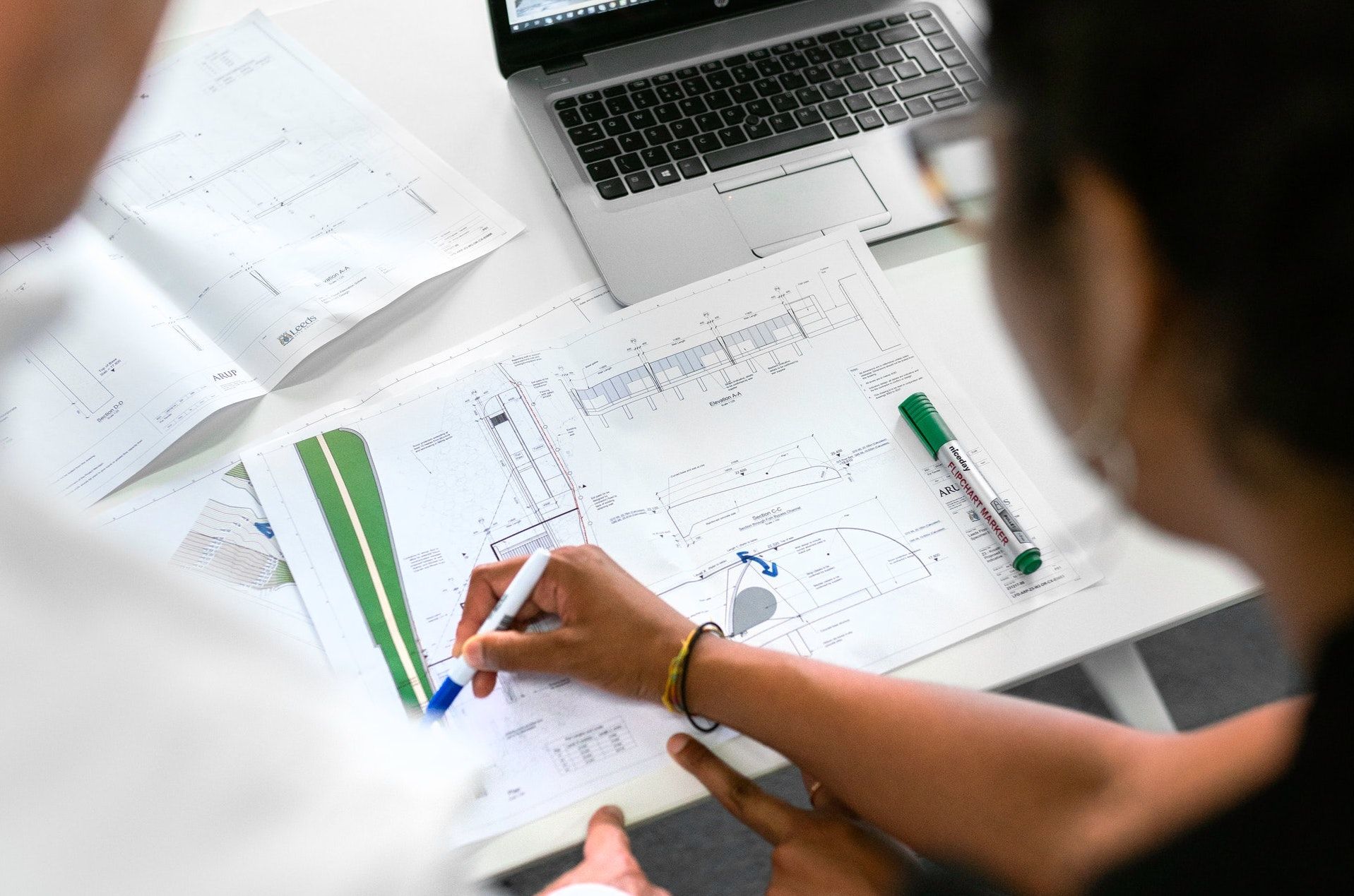
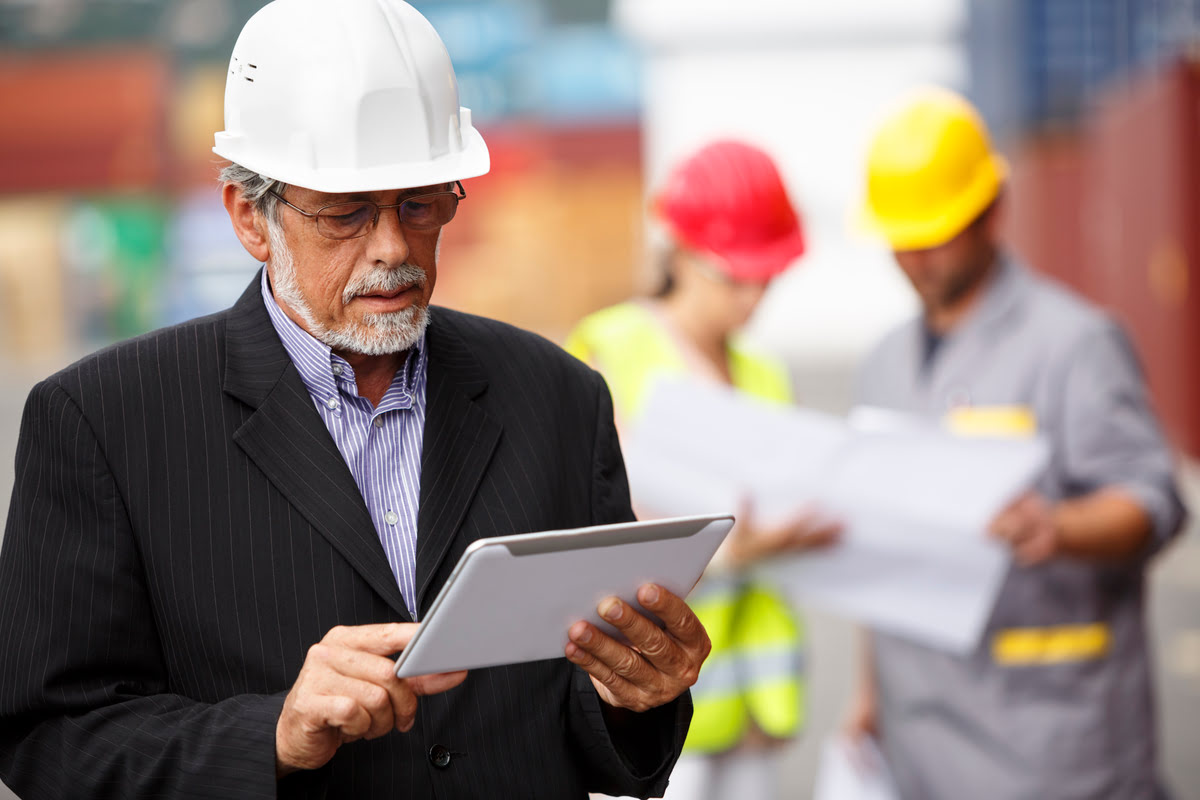
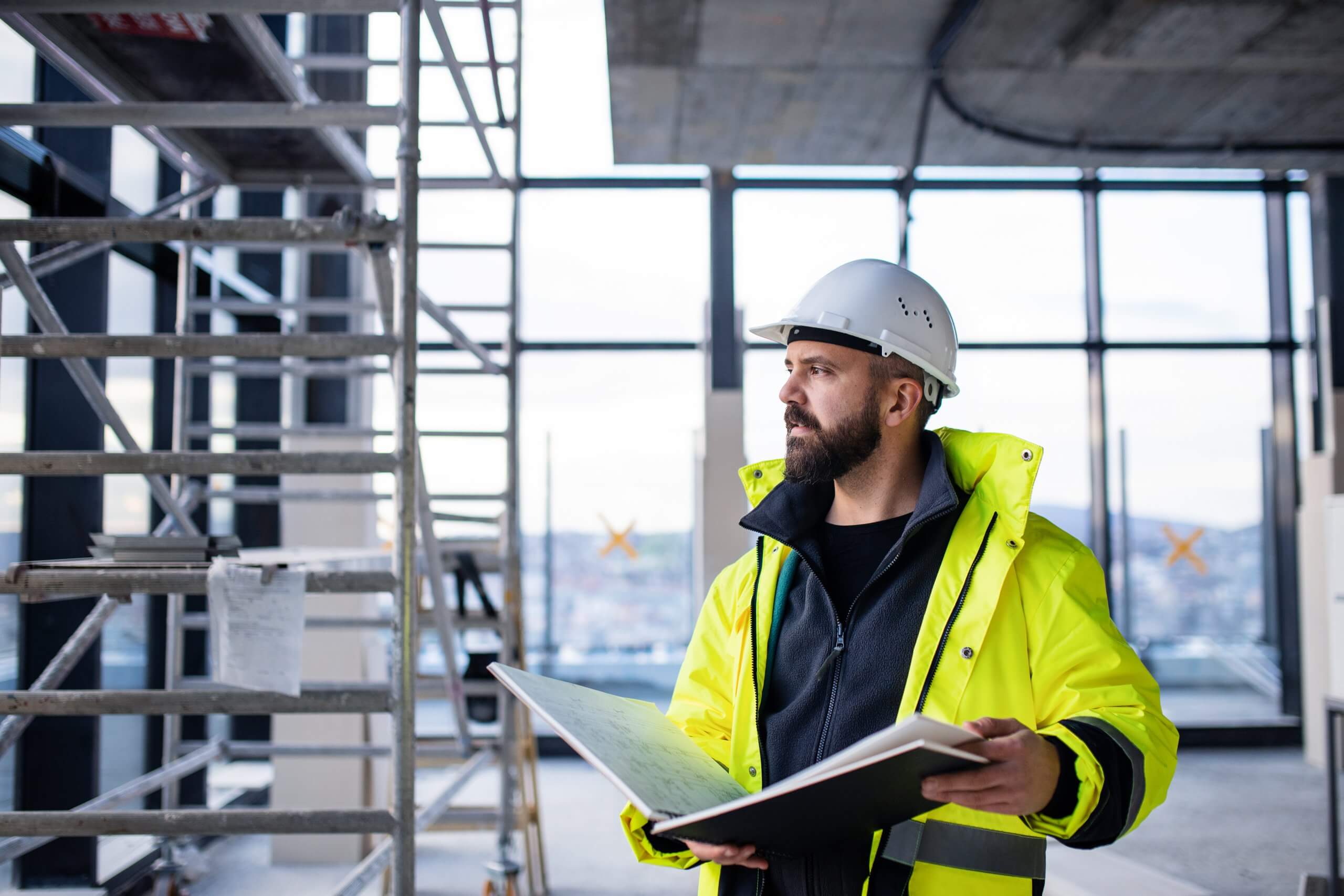
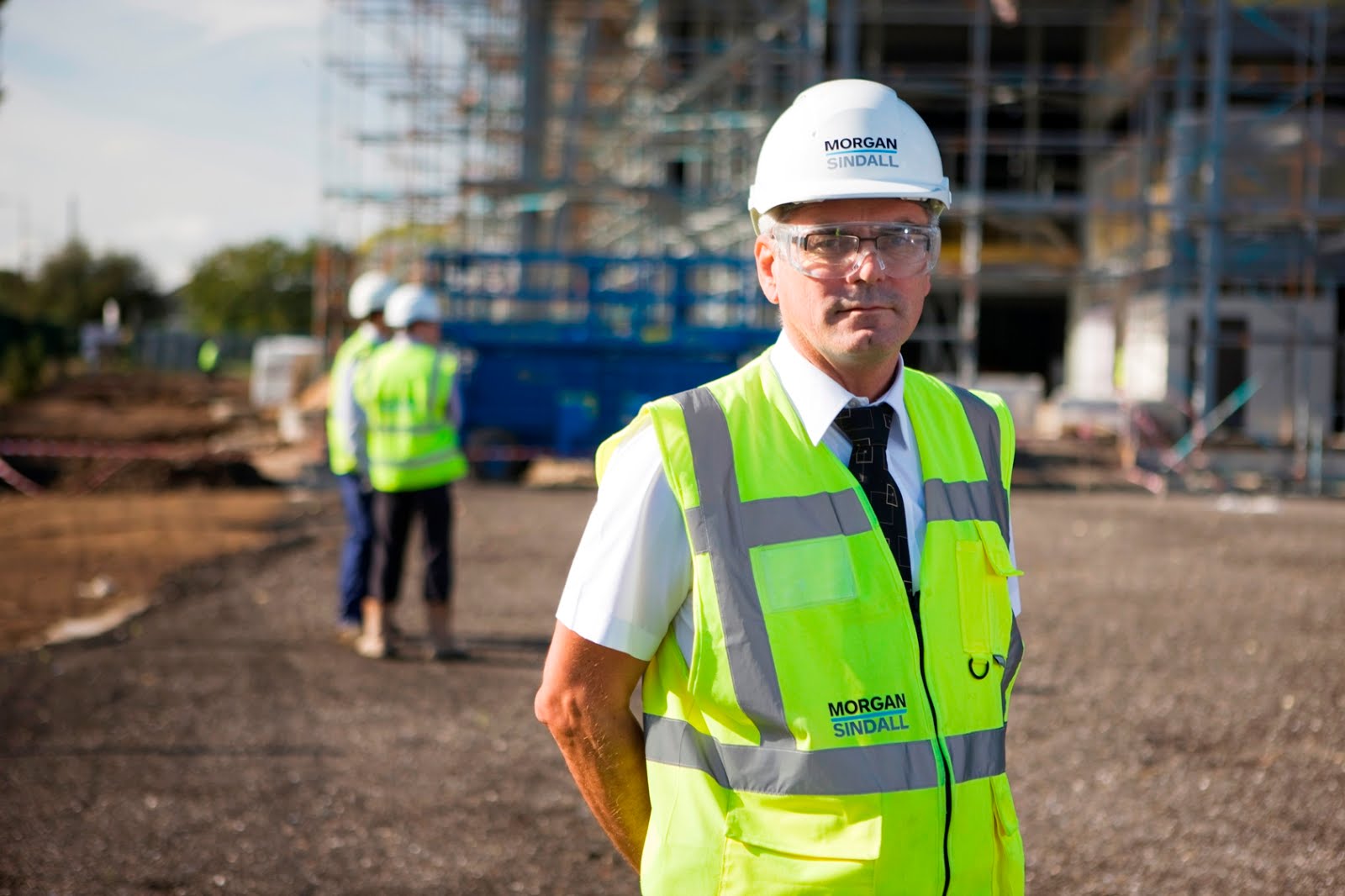
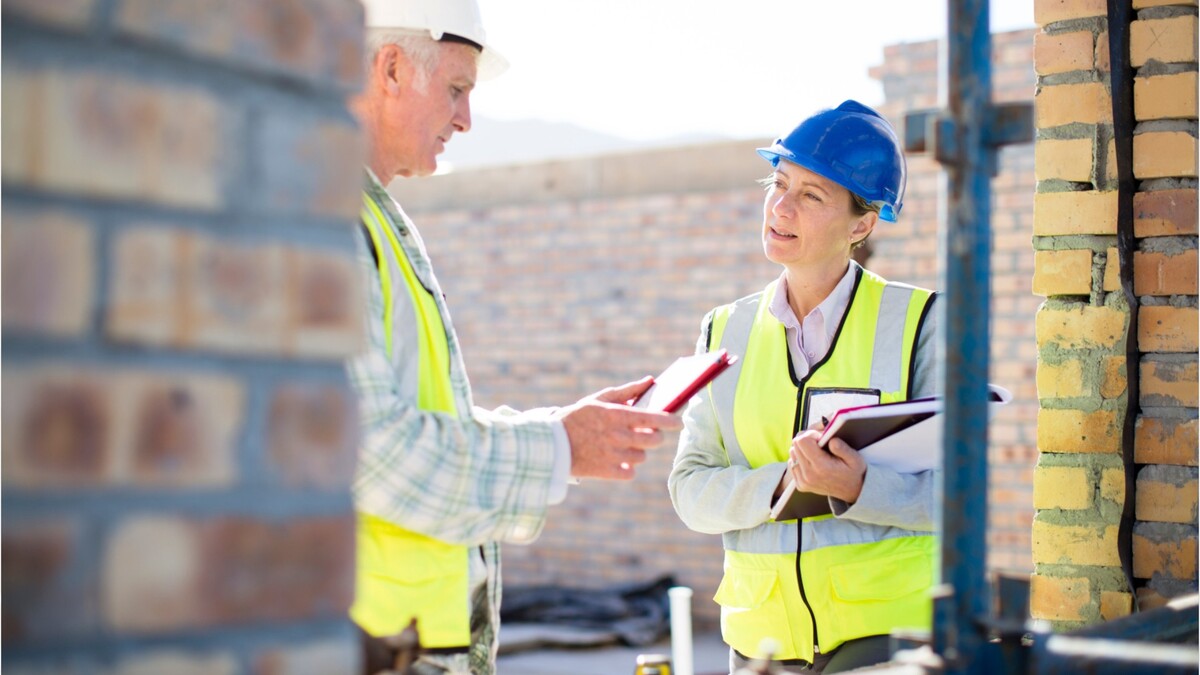
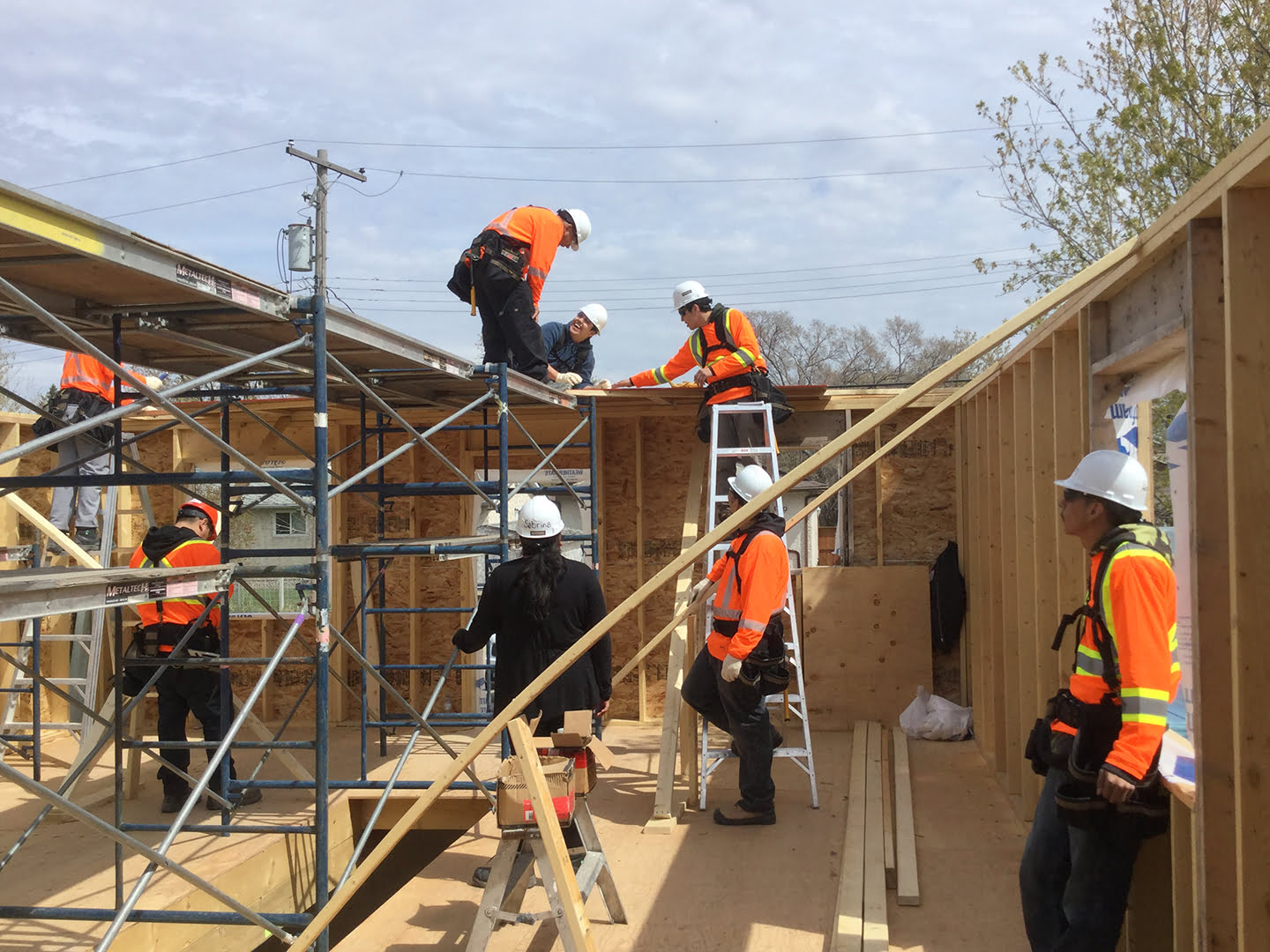
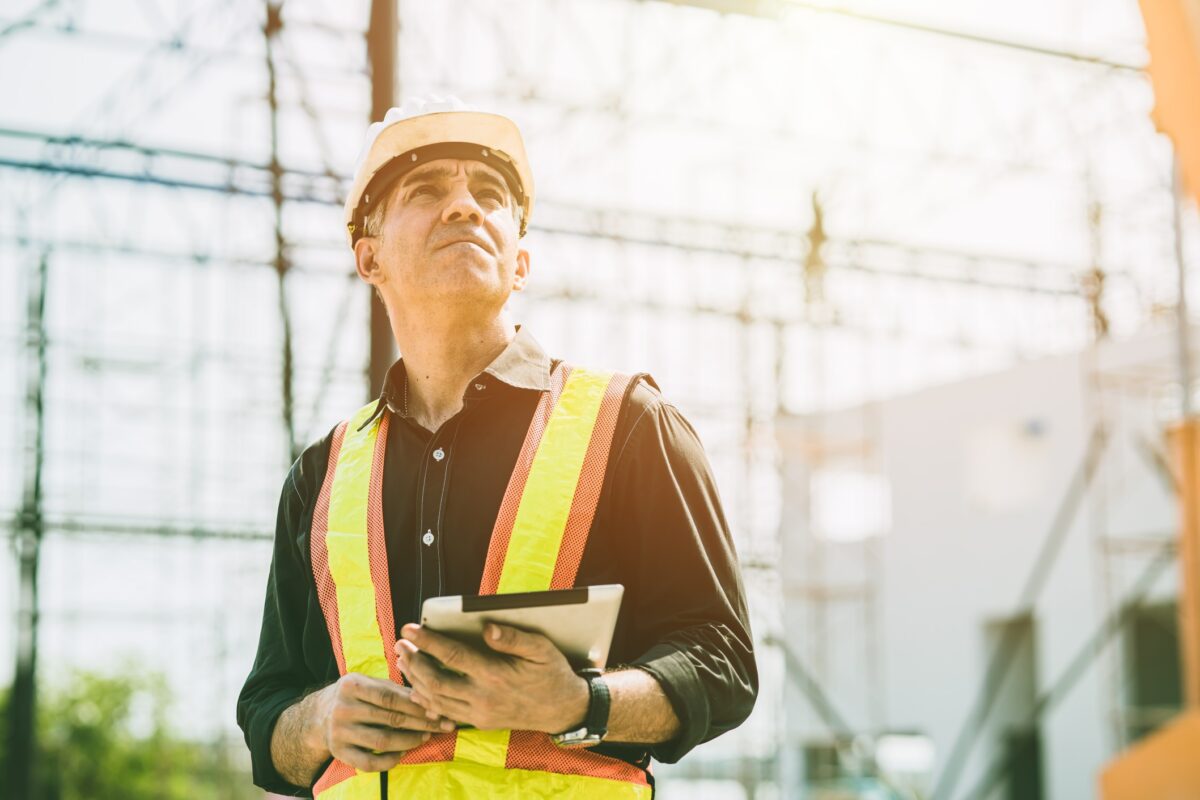

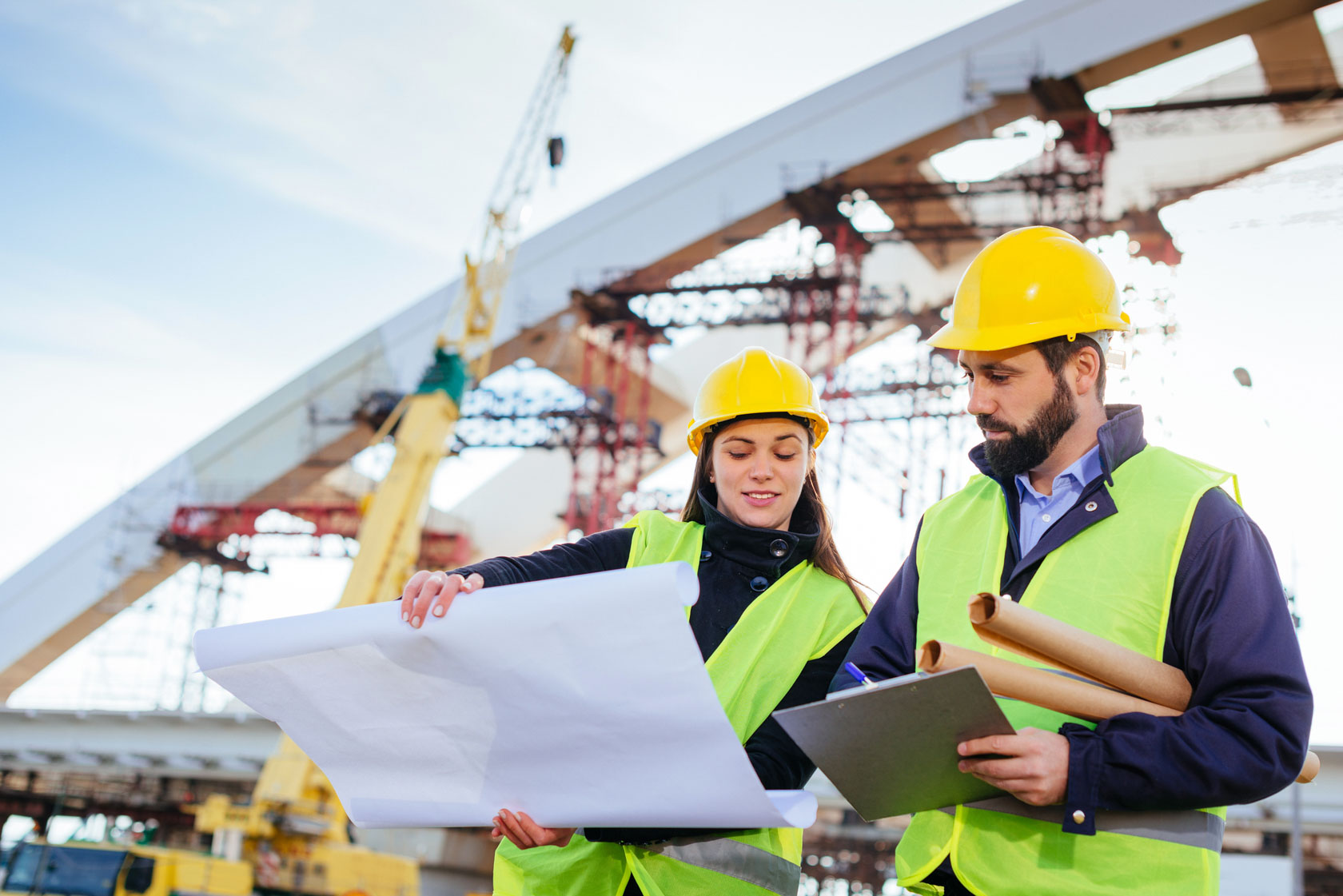
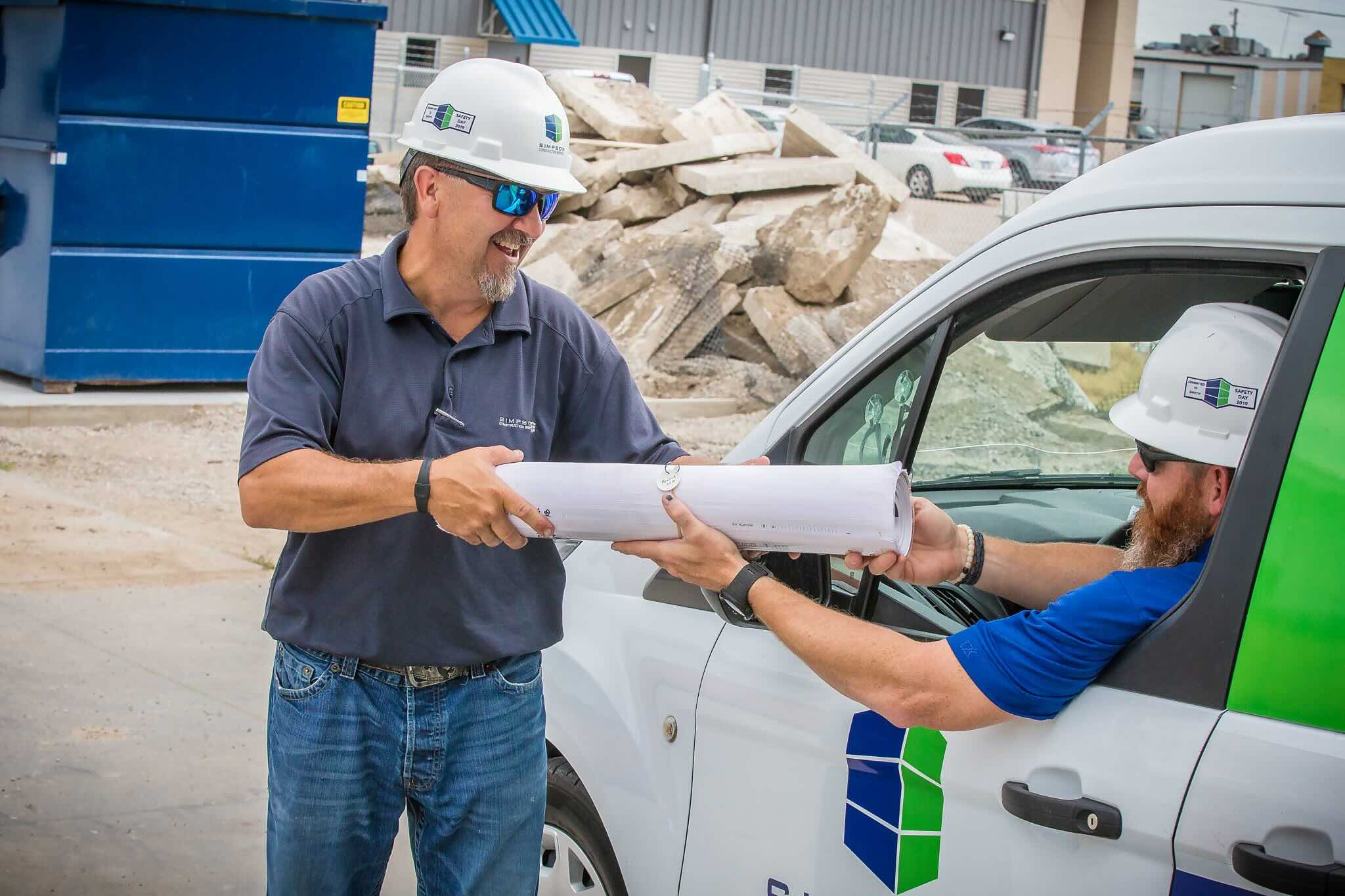
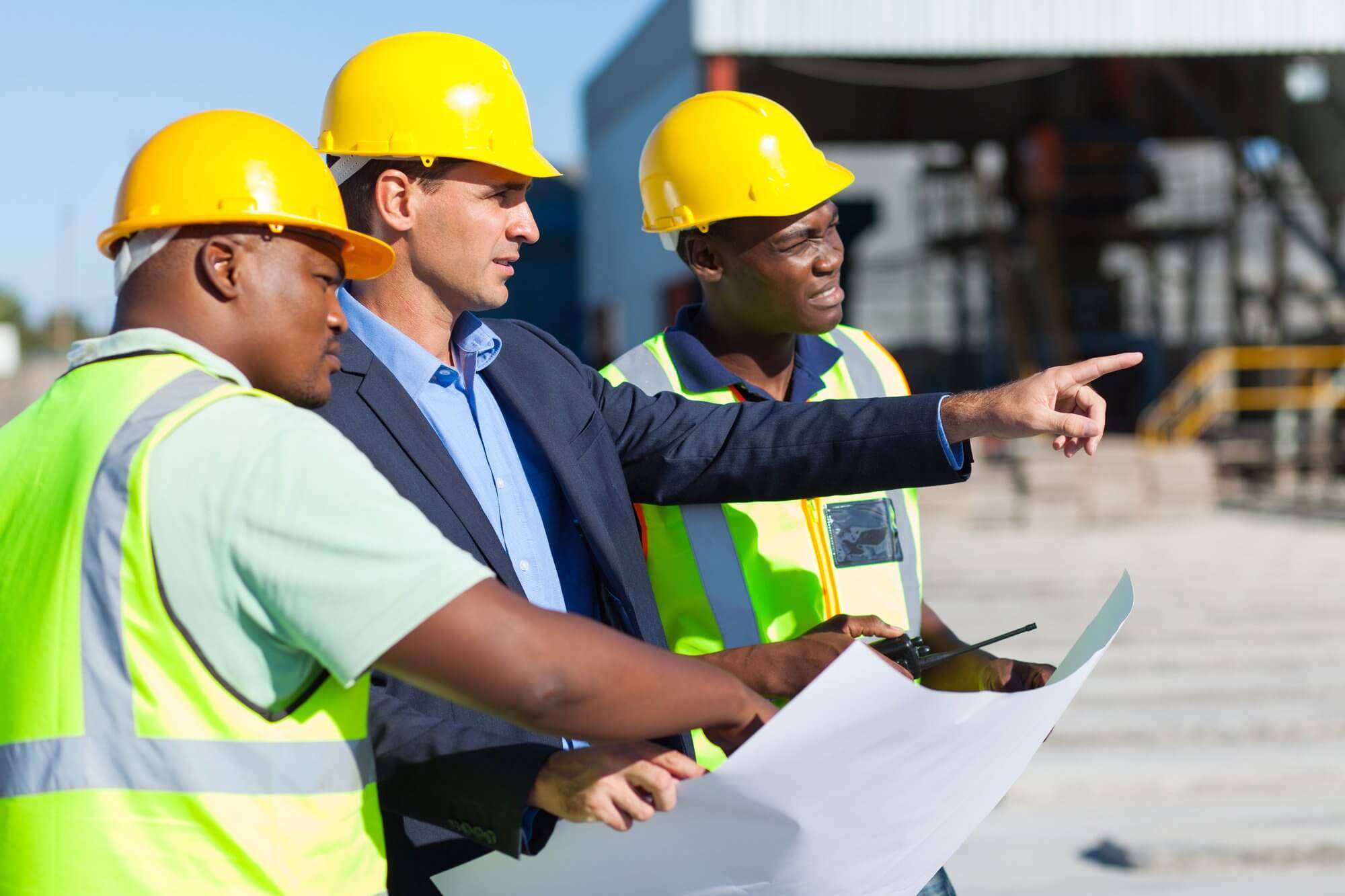

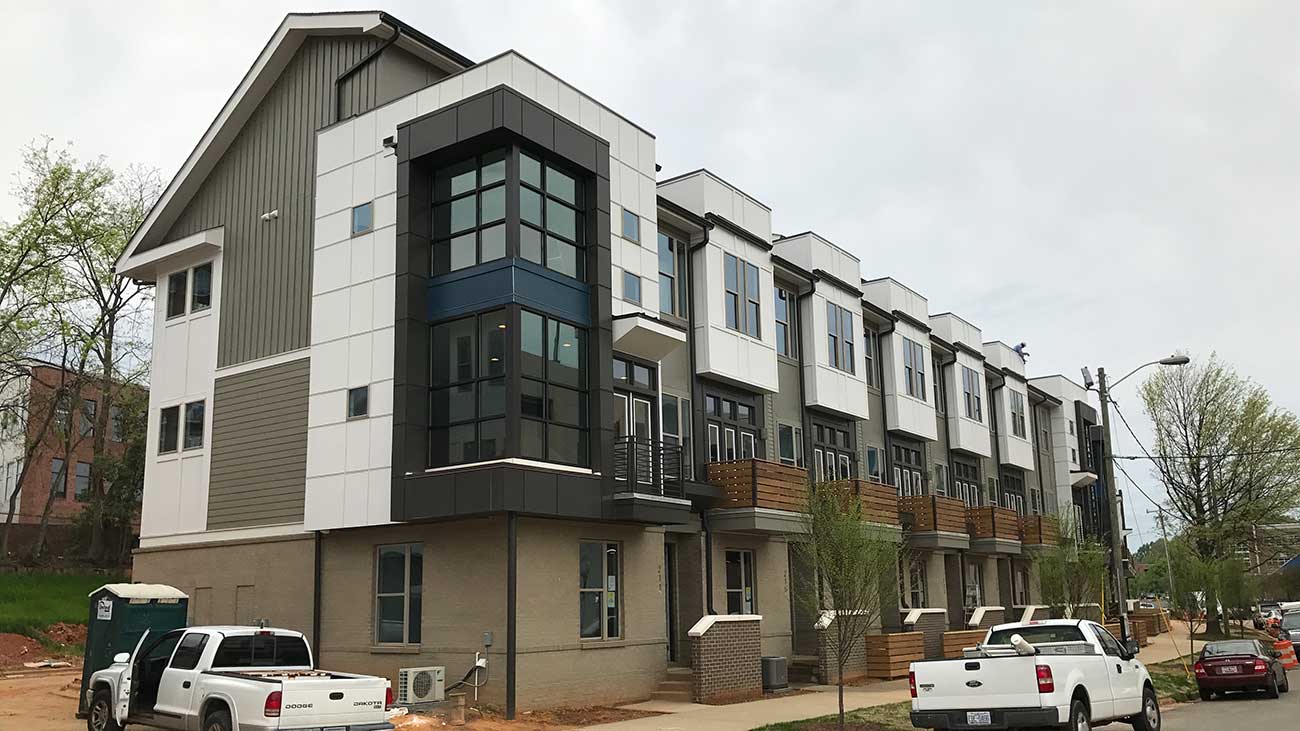

0 thoughts on “What Does A Developer Do In Construction”